BECOMING A MONK
For men between the ages of 20 and 45 who feel they may be called to monastic life, the first step is to meet with the vocation director. If the vocation director and the individual discern a possible vocation, the vocation director arranges a brief stay in the monastery for the applicant. During this stay, the individual is introduced to the monastic community and participates in the life of the community (prayer, work, meals, recreation).
If the applicant wishes to pursue a monastic life here, he then arranges for a longer stay at the abbey. During this time, he meets with the abbot and formation director. After these meetings, the abbot and director decide if he should begin the formal application process. The vocation director will then guide him through this.
The application process includes submitting the application form and letters of recommendation. Health, eye, and dental exams as well as a psychological evaluation are required.
After a number of visits and after the application process is complete, one may petition to enter the community. Upon acceptance, the formation process begins.
Postulancy is a time of more intense vocational discernment where the postulant spends a number of months becoming more deeply acquainted with the daily rhythm of monastic life by living in the monastery, sharing in the prayer and work of the monks, and taking classes on monastic practices with the formation director. If the postulant would like to continue, he can petition to enter the novitiate.
The character of the year of novitiate is marked by a separation from the world and an acclimation to one's new life in the monastery. The novice takes classes in monastic history and spirituality and contributes to the life of the community in prayer and work. After a year in the novitiate, the novice may petition to make his first profession.
The temporarily professed monk makes vows of stability, fidelity to the monastic way of life, and obedience for a minimum of three years after which he may petition for solemn vows or extend his temporary vows anually up to six years.

